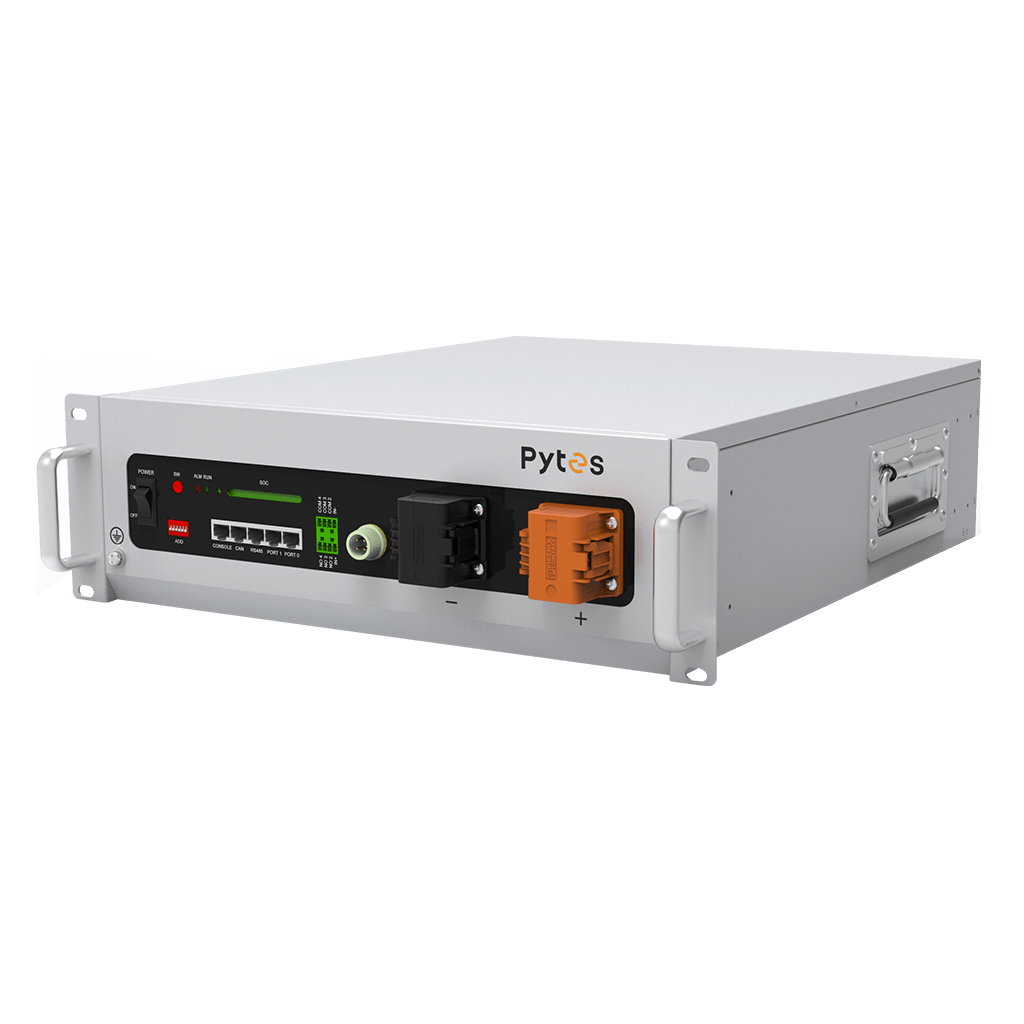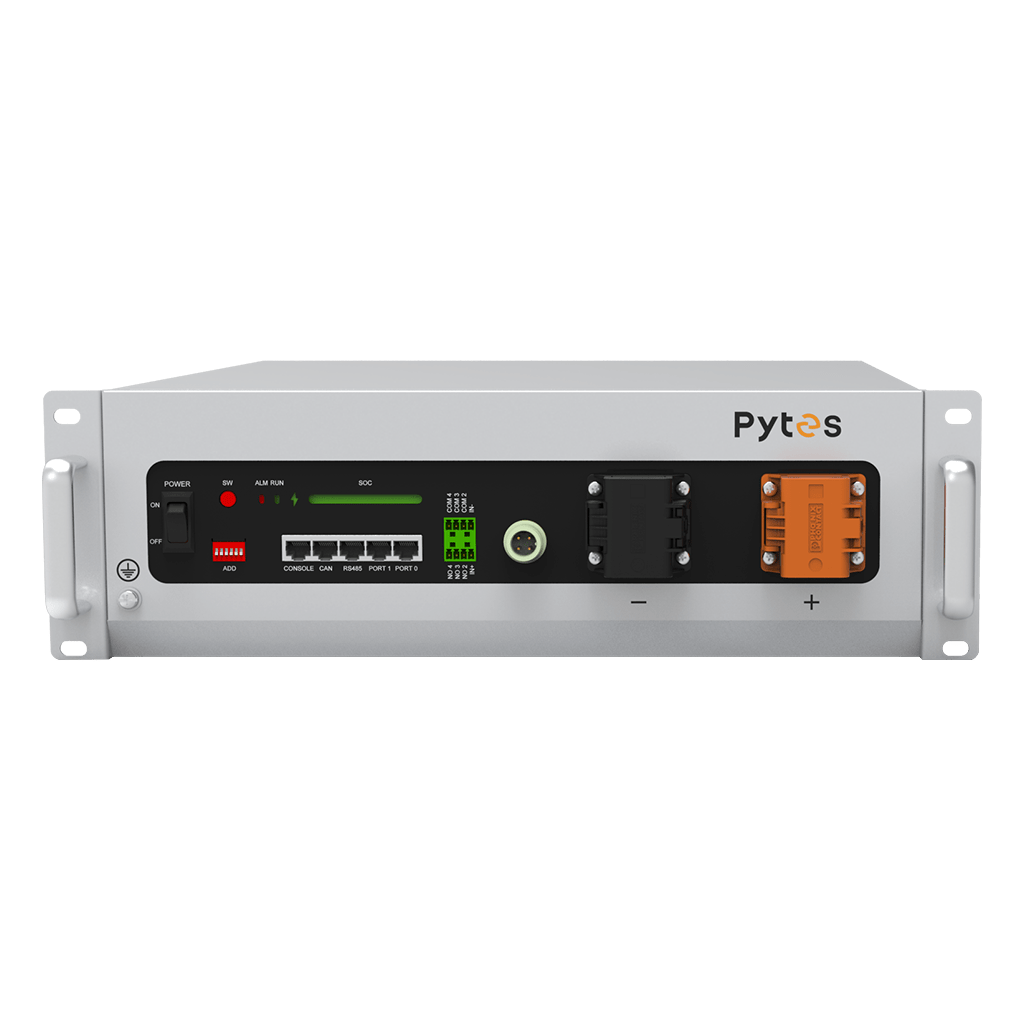In an era of rising energy costs, frequent power outages, and growing concerns about climate change, more homeowners are considering home battery backup systems as a viable solution. Home battery backup system, which store electricity for later use, offer a way to ensure energy reliability during blackouts and reduce dependence on the grid. But as with any investment, the question remains: are home battery backup systems really worth the money?
A home battery backup system is a device that stores electrical energy, typically generated by solar panels, for later use during power outages or at times when energy demand is higher. These systems use advanced lithium-ion batteries to hold electricity, which can then be used to power essential appliances in your home, like lights, refrigerators, and medical equipment.
Home battery backup systems are often paired with solar energy systems. In this setup, excess energy generated by the solar panels during the day is stored in the battery, which can then be used at night or during an outage when solar power generation is unavailable.
One of the most popular home battery backup systems is the Pytes V5o or the Pytes E-Box 48100R. In addition, Pytes can also customize solutions for homeowners based on their needs.

1. Energy Security During Outages
The most significant advantage of a home battery backup system is its ability to keep your home powered during power outages. For homeowners in areas prone to frequent blackouts—whether due to storms, wildfires, or grid failures—having a backup system can provide invaluable peace of mind.
A battery backup system ensures that your essential appliances, like refrigerators, medical devices, and lighting, continue to operate even when the grid is down. With a whole-home backup solution, you can even power your HVAC system, ensuring that your home remains comfortable during extreme temperatures.
2. Reduced Electricity Bills
While the upfront cost of installing a home battery backup system can be significant, it can help lower your long-term electricity bills. If you already have a solar panel system, the battery allows you to store excess energy generated during the day, which can then be used during peak hours when utility rates are higher.
In regions where time-of-use pricing is in effect, energy prices can vary depending on the time of day. Electricity is typically more expensive during peak hours, such as in the late afternoon and evening, when everyone is using power. By using your stored battery energy during these hours, you can avoid paying high utility rates and keep your costs down.
Additionally, some net metering programs allow homeowners to sell excess electricity back to the grid. However, storing the energy for your own use instead of selling it may save you even more money in the long run.
3. Environmental Benefits
If you're concerned about your environmental impact, a home battery backup system can help reduce your carbon footprint. When paired with a solar energy system, these batteries allow you to store clean, renewable energy that can be used instead of electricity from fossil fuels.
By reducing reliance on the grid, you can decrease your household’s contribution to greenhouse gas emissions and support the transition to renewable energy sources. As governments and businesses continue to focus on reducing emissions, the importance of sustainable energy solutions will only grow, making battery systems a worthwhile investment for environmentally conscious homeowners.
4. Increased Home Value
In some regions, investing in home energy systems—like solar panels and battery backups—can increase your home’s resale value. Home buyers are increasingly interested in energy-efficient homes, particularly those that offer energy security during power outages.
A study by the National Renewable Energy Laboratory (NREL) found that homes with solar power systems sell for about 4% more on average than homes without them. While battery systems alone may not boost the value as much as a full solar setup, having a reliable backup solution can still make your home more appealing to potential buyers who are looking for sustainability and security.
Ultimately, whether a home battery backup system is worth the investment depends on your specific circumstances, including your budget, energy needs, and location.
Consider a Home Battery System if:
1. You live in an area with frequent or prolonged power outages.
2. You have high electricity costs and are looking for a way to reduce your energy bills.
3. You already have solar panels and want to maximize the use of the energy you generate.
4. You’re passionate about sustainability and reducing your environmental footprint.
5. You want to increase your home’s value and appeal to eco-conscious buyers.
You Might Not Need One If:
1. You live in an area with reliable, consistent power and few outages.
2. Your energy needs are relatively low and you don’t mind relying on the grid for power during an outage.
3. You have a limited budget and can’t justify the high upfront costs.
4. You’re not interested in investing in solar panels and want a backup system that’s independent of renewable energy.

In 2025, home battery backup systems are likely to be a smart investment for homeowners who value energy independence, cost savings, and environmental sustainability. While they do require a significant initial investment, the long-term benefits in terms of reliability, reduced utility bills, and green energy make them increasingly attractive.
Pytes(USA) Energy, Inc. is a leader in the development of residential energy storage systems. Our goal is to help individuals save money and feel at ease during power outages, provide ongoing support and leverage over 20 years of technical expertise.
If you want to know more details about the Pytes V5o or the Pytes E-Box 48100R , welcome to contact us.
E-mail:pytesusa@pytesgroup.com
Home LFP Battery System: An Efficient Choice For Home EnergyStorage